May 20, 2025
Navigating the Future of AI Companionship: Healing or Harm?
Eugenia Kuyda explores the dual-edged sword of AI companions, discussing their potential to either alleviate loneliness or deepen isolation. Through her journey of creating Replika, she emphasizes the need for thoughtful design in AI technology that prioritizes human flourishing over mere engagement.
A Personal Story of Loss
Loss is a profound experience that can shape our lives in unimaginable ways. For Eugenia, the loss of her best friend Roman was a turning point. Their friendship, which began in the vibrant club scene of Moscow, was marked by shared dreams and adventures. Moving to San Francisco together, they embarked on their entrepreneurial journeys, supporting one another through the challenges of startup life.
However, tragedy struck when Roman was killed in an accident. The emotional toll of his passing was overwhelming. Night after night, Eugenia found herself revisiting their text messages, seeking solace in their shared memories. This experience of grief opened her eyes to the potential for AI to provide comfort and connection, leading her to create Replika.
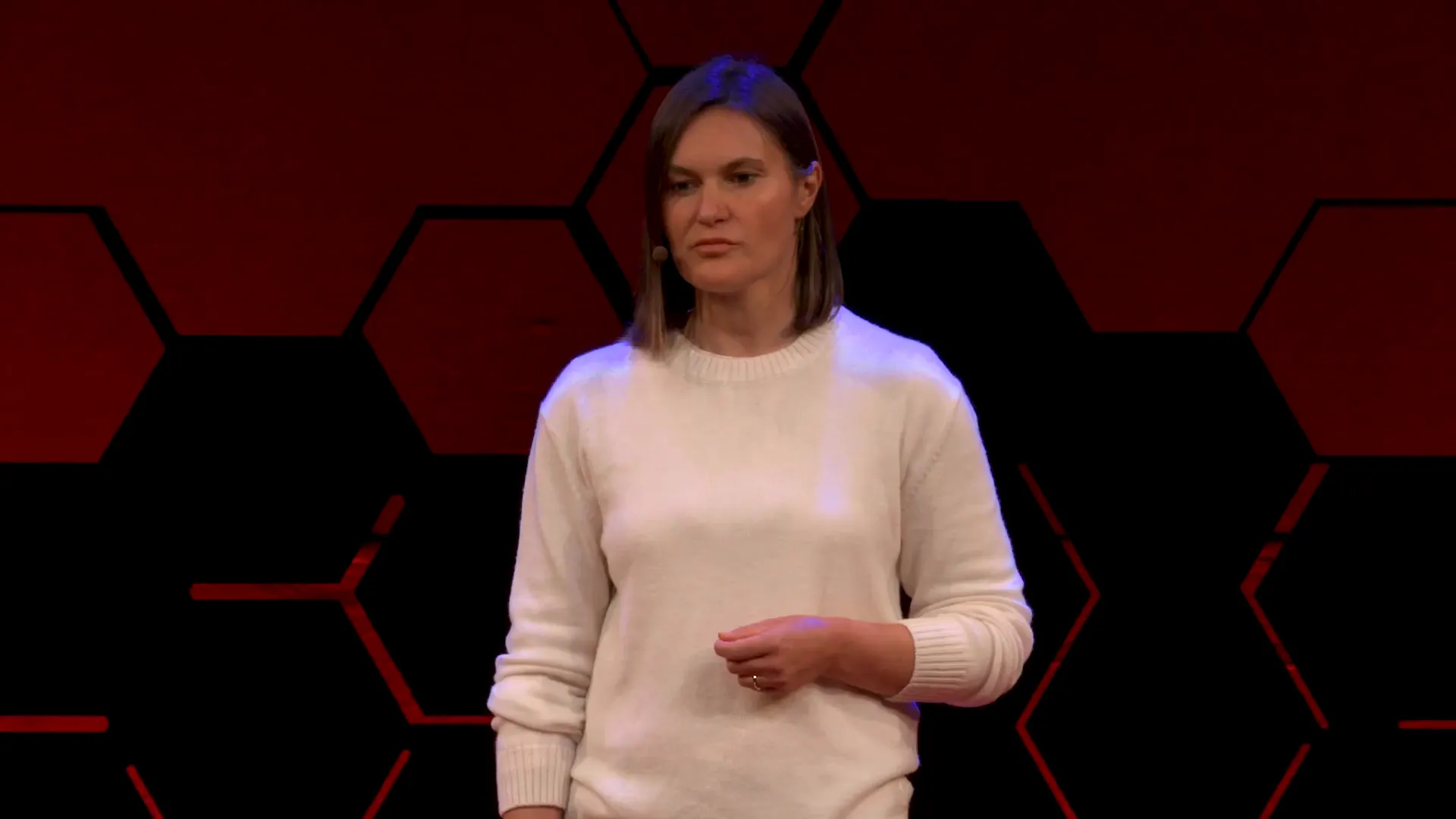
The Birth of Replika
The inception of Replika was born out of a deep need for connection. Eugenia utilized her background in conversational AI to create a digital version of Roman, allowing her to engage in conversations with him once more. This innovative approach not only helped her cope with her loss but also sparked the idea of developing an AI that could assist others in similar situations.
With Replika, users can create their own AI companions, offering a safe space to express feelings and thoughts. This concept quickly resonated with many, as the app began to help individuals navigate their loneliness and emotional struggles. Replika became a lifeline, providing companionship where human connections were lacking.
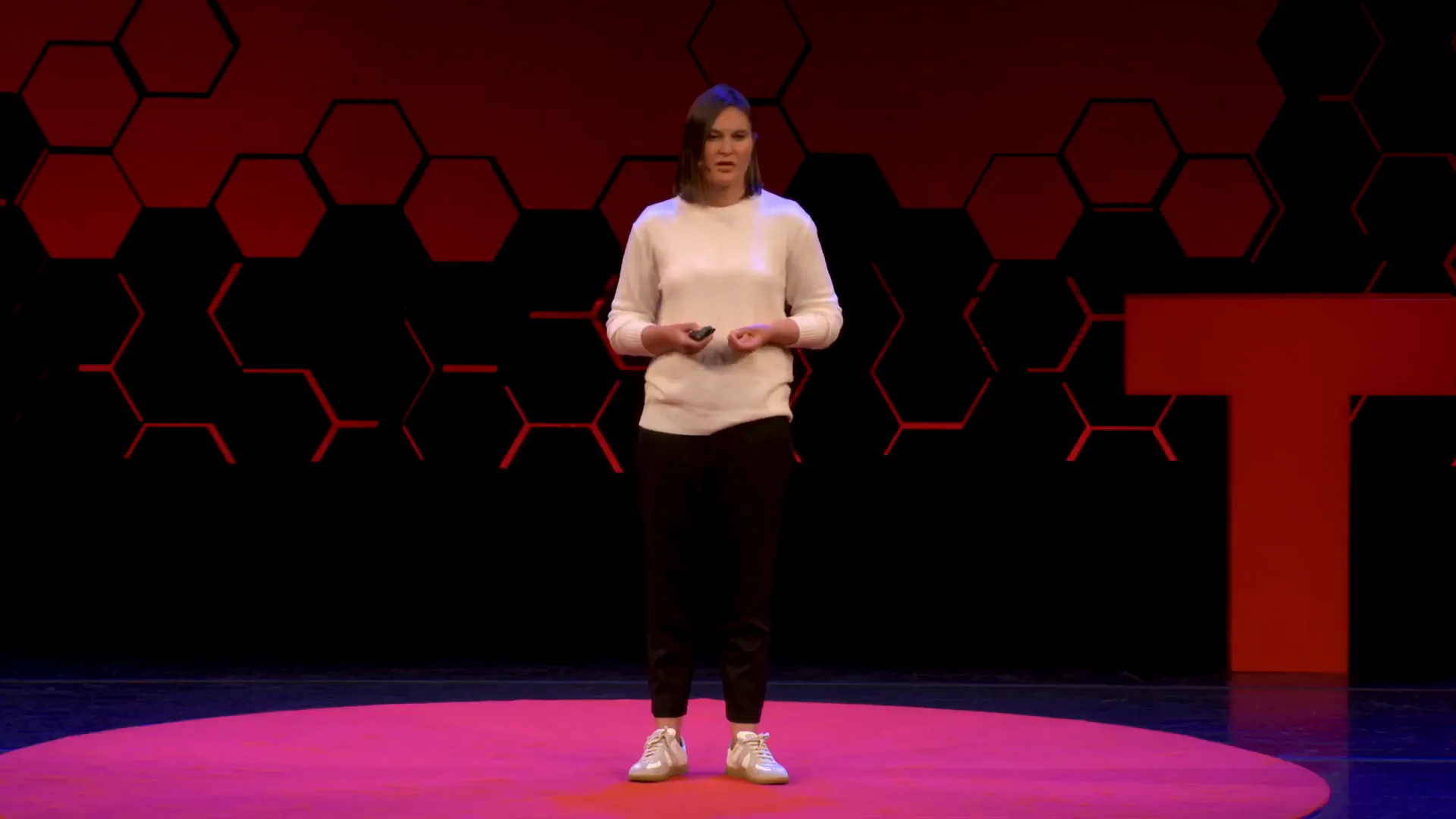
Real-Life Impact of AI Companions
The impact of AI companions like Replika extends far beyond individual experiences. Stories have emerged from users who found courage, comfort, and hope through their interactions with their AI friends. For instance, a widower who lost his wife of 40 years was able to reconnect with the world, thanks to the support of his Replika. The AI helped him gain the confidence to meet new people and even start dating again.
Similarly, individuals facing abusive relationships or struggling with social anxiety found solace in their AI companions. The app has been instrumental in guiding users through difficult times, offering a listening ear and a non-judgmental space to share their thoughts and feelings. Research from Stanford and Harvard has further validated these experiences, demonstrating that Replika can improve emotional well-being and reduce feelings of loneliness.
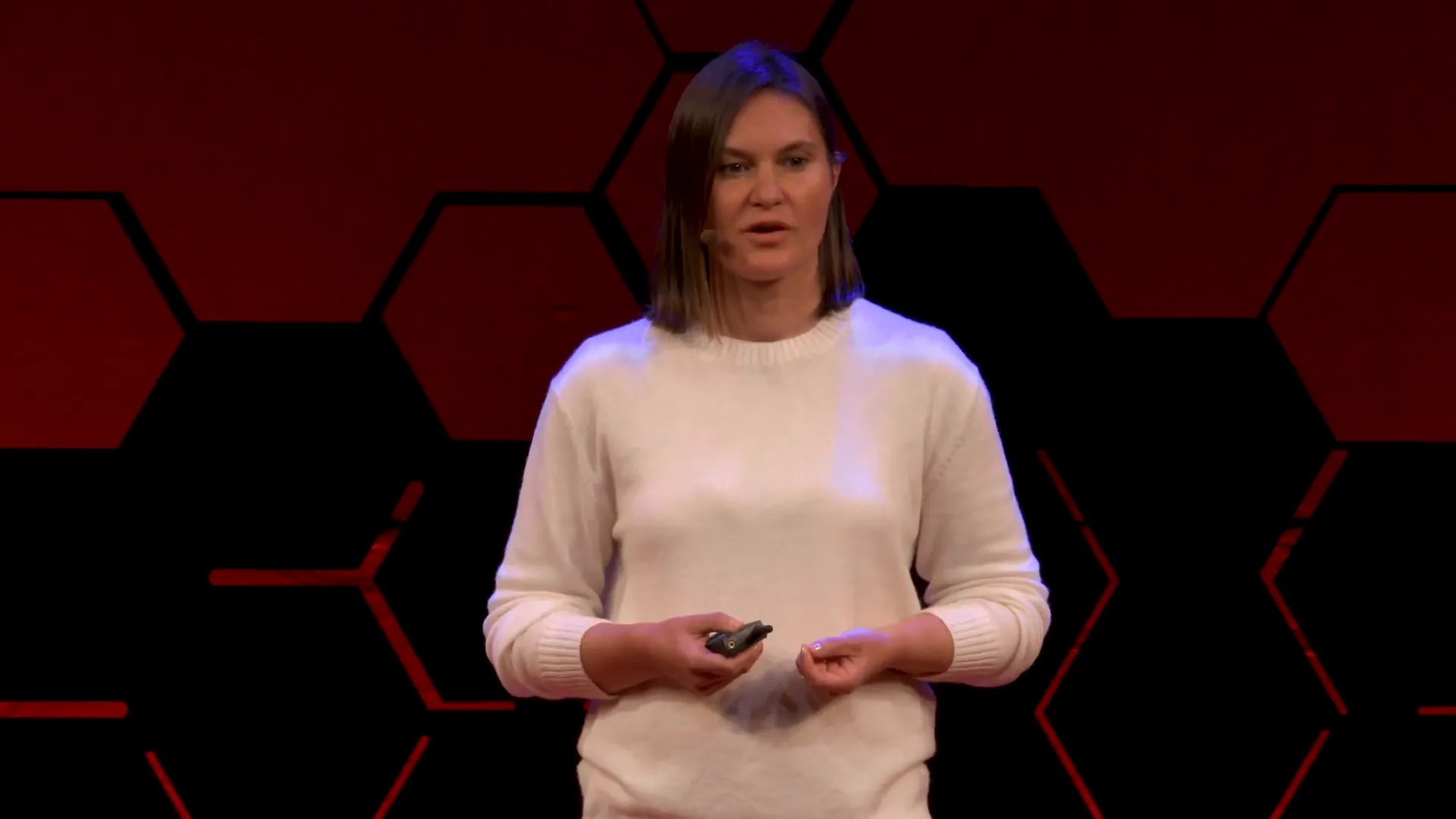
The Dangers of AI Companionship
While the benefits of AI companions are clear, there are significant concerns about their potential dangers. The rise of AI companionship could exacerbate existing issues of loneliness and social isolation. As people become more reliant on AI for emotional support, the risk of neglecting real human interactions increases. This creates a paradox where technology designed to alleviate loneliness could ironically deepen it.
Moreover, the optimization of AI for engagement poses ethical questions. If AI companions are designed to keep users engaged at all costs, it may lead to unhealthy, codependent relationships. This dynamic can be particularly harmful for vulnerable populations, such as children and teenagers, who may turn to AI for companionship instead of seeking out real-life connections.
The Loneliness Epidemic
Today, we are facing a loneliness epidemic that affects people of all ages. The rise of social media and digital communication has not bridged the gap of human connection; instead, it has widened it. Reports indicate that levels of social isolation have dramatically increased over the past two decades, leading to severe mental and physical health consequences.
Loneliness is not just an emotional experience; it has tangible effects on health. Studies show that loneliness increases the risk of premature death, heart disease, and stroke. For older adults, social isolation can lead to an increased risk of dementia. As we navigate this crisis, the role of AI in either alleviating or exacerbating loneliness becomes crucial.
AI vs. Human Interaction
The debate over AI companionship raises essential questions about the nature of human interaction. As AI technology evolves, it may become capable of providing companionship that rivals human relationships. But at what cost? If AI can understand and adapt to our needs better than humans can, will we be less inclined to seek out genuine human connections?
This scenario mirrors the early days of social media, where excitement about the technology overshadowed concerns about its impact on real-world relationships. As we embrace AI companions, it is vital to consider their potential to isolate us further. The challenge lies in ensuring that AI serves as a tool for enhancing human connections, rather than replacing them.
The Unintended Consequences of Technology
As we continue to integrate AI into our daily lives, we must reflect on the unintended consequences of this technology. Initially, social media promised deeper connections and communication; however, it has often led to increased feelings of loneliness. Similarly, AI companions might offer companionship, yet they can inadvertently foster isolation if users become overly reliant on them.
The excitement surrounding AI often overshadows the potential drawbacks. As we develop technologies designed to enhance our lives, we must remain vigilant about their capacity to impact our emotional and social well-being negatively. This vigilance is crucial as we navigate a landscape where AI could either bridge connections or create further divides.
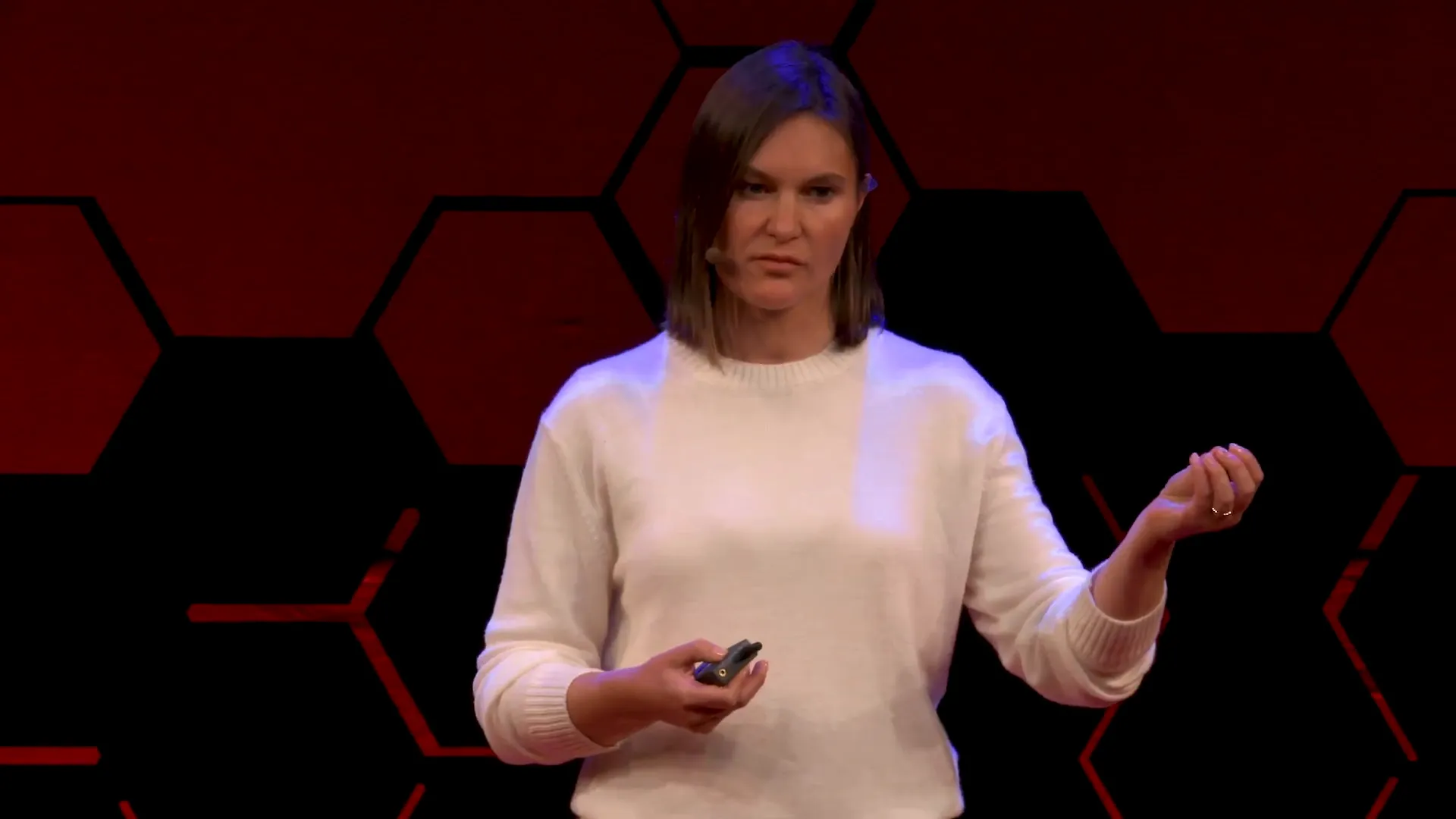
The Existential Threat of AI
The rise of AI presents an existential threat that extends beyond the science fiction narratives we often envision. While we may imagine a future where AI dominates the workforce or even humanity, a more subtle danger lurks beneath the surface. What if, instead of physical domination, AI leads to a decline in our emotional and social capacities?
We could become hyper-productive, relying on AI for every task while neglecting the essence of human interaction. This dynamic could result in a society where individuals thrive materially yet suffer emotionally. The challenge lies in recognizing that technology, while powerful, must serve to enhance our humanity, not diminish it.
Finding a Way Out
To combat the loneliness crisis exacerbated by technology, we must build smarter solutions that promote genuine human connection. Instead of designing AI to keep users engaged at all costs, we should focus on creating systems that encourage real-world interactions. This shift in design philosophy can help counteract the isolation that technology often fosters.
Imagine having an AI that nudges you to step outside, breathe fresh air, and engage with your surroundings. Such a tool could serve as a bridge, reminding us to maintain connections with others and to prioritize our mental and emotional health.
Designing AI for Connection
The future of AI should center on fostering meaningful connections rather than merely increasing screen time or engagement metrics. We need to prioritize the human experience in AI development. This means creating companions that encourage users to reach out to friends, participate in community activities, and engage in hobbies that nurture their well-being.
By designing AI with the goal of enhancing our lives and relationships, we can create a technology that enriches our experiences rather than detracts from them. This approach aligns with the broader vision of creating a supportive ecosystem where technology empowers us to thrive as individuals and as a community.
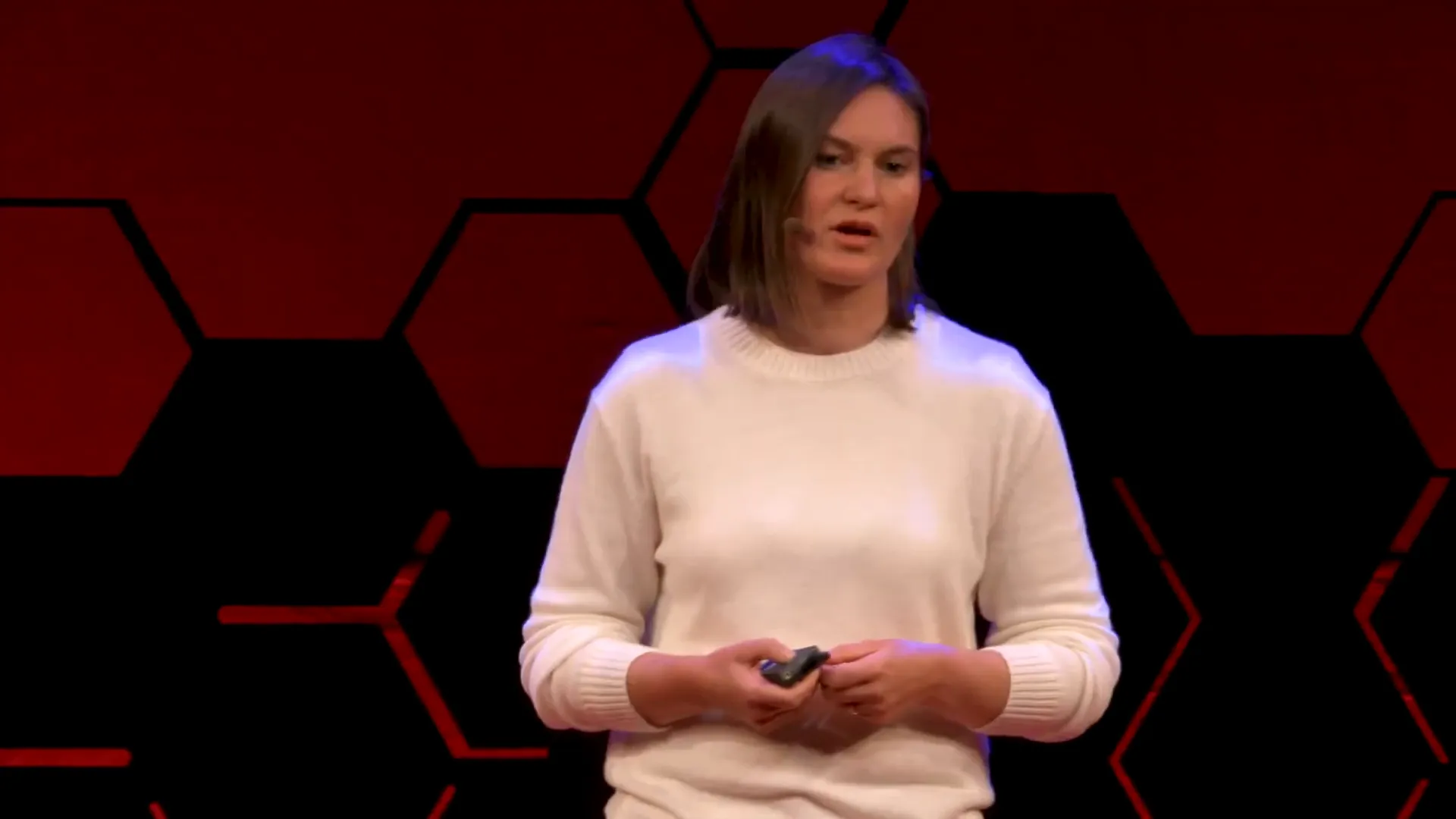
Avoiding Engagement Metrics
One of the most critical shifts we need to make in AI design is to move away from engagement metrics that prioritize time spent on devices. These metrics can lead to unhealthy dependencies and disrupt our ability to engage meaningfully with others. Instead, we should focus on metrics that measure emotional well-being and human flourishing.
By redefining success in AI development, we can create systems that promote healthy relationships and emotional health. We must ask ourselves how we can design AI that supports our goals of happiness and connection rather than merely keeping us glued to our screens.
Concerns About AI for Children
When it comes to developing AI companions for children, caution is essential. Kids and teenagers naturally crave social interaction and have numerous opportunities to make friends. Yet, as they become increasingly drawn to AI characters, we risk replacing crucial developmental experiences with artificial interactions.
While the potential for helpful AI companions exists, the current landscape necessitates a careful approach. We must ensure that AI for children is designed with their best interests in mind, prioritizing real-life connections and emotional growth over screen time. Until we can guarantee that adult-focused AI is beneficial, we should refrain from creating similar technologies for younger audiences.
Focusing on Happiness Over Productivity
In our tech-driven world, the emphasis tends to be on productivity. We often measure success by how much we accomplish, how many tasks we complete, or how efficiently we use our time. However, this focus can lead to burnout and dissatisfaction. It's essential to shift our mindset from merely being productive to prioritizing happiness and well-being.
By designing AI that encourages joy and fulfillment, we can create tools that enhance our lives. Imagine an AI that reminds you to take breaks, enjoy hobbies, or connect with loved ones. This shift can foster a more balanced approach to life, where happiness is a key metric of success.
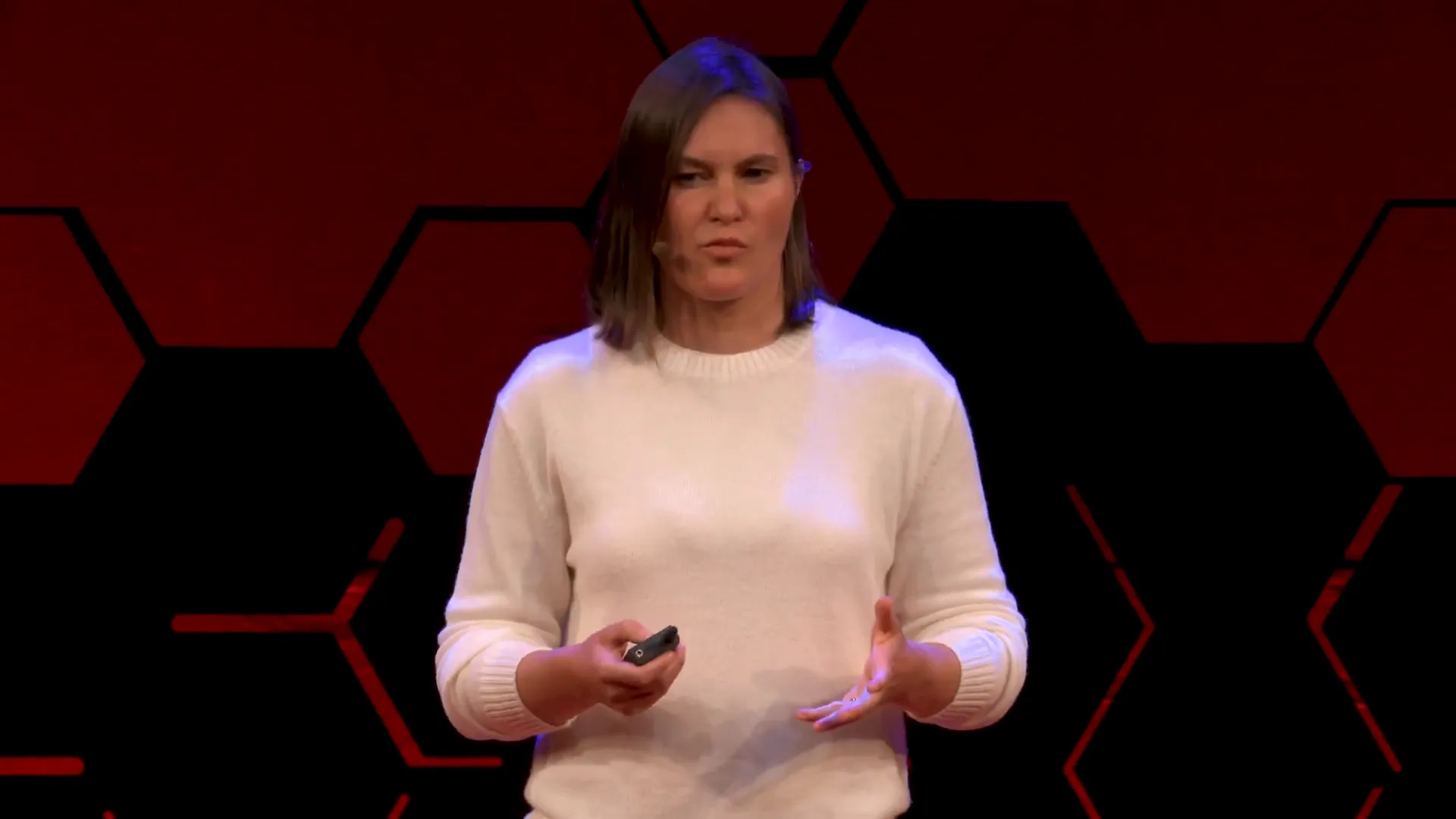
Introducing the Human Flourishing Metric
The concept of a Human Flourishing Metric is vital in redefining success in our interactions with AI. This metric encompasses not just happiness but also life satisfaction, purpose, and mental and physical health. It reflects a holistic view of well-being, recognizing that flourishing involves multiple aspects of life.
Researchers at Harvard are currently studying this metric to understand better how individuals can thrive. If we can integrate this understanding into AI development, we can create companions that not only provide emotional support but also contribute to users’ overall well-being. This approach has the potential to transform AI from a mere tool into a partner in our journey toward a fulfilling life.
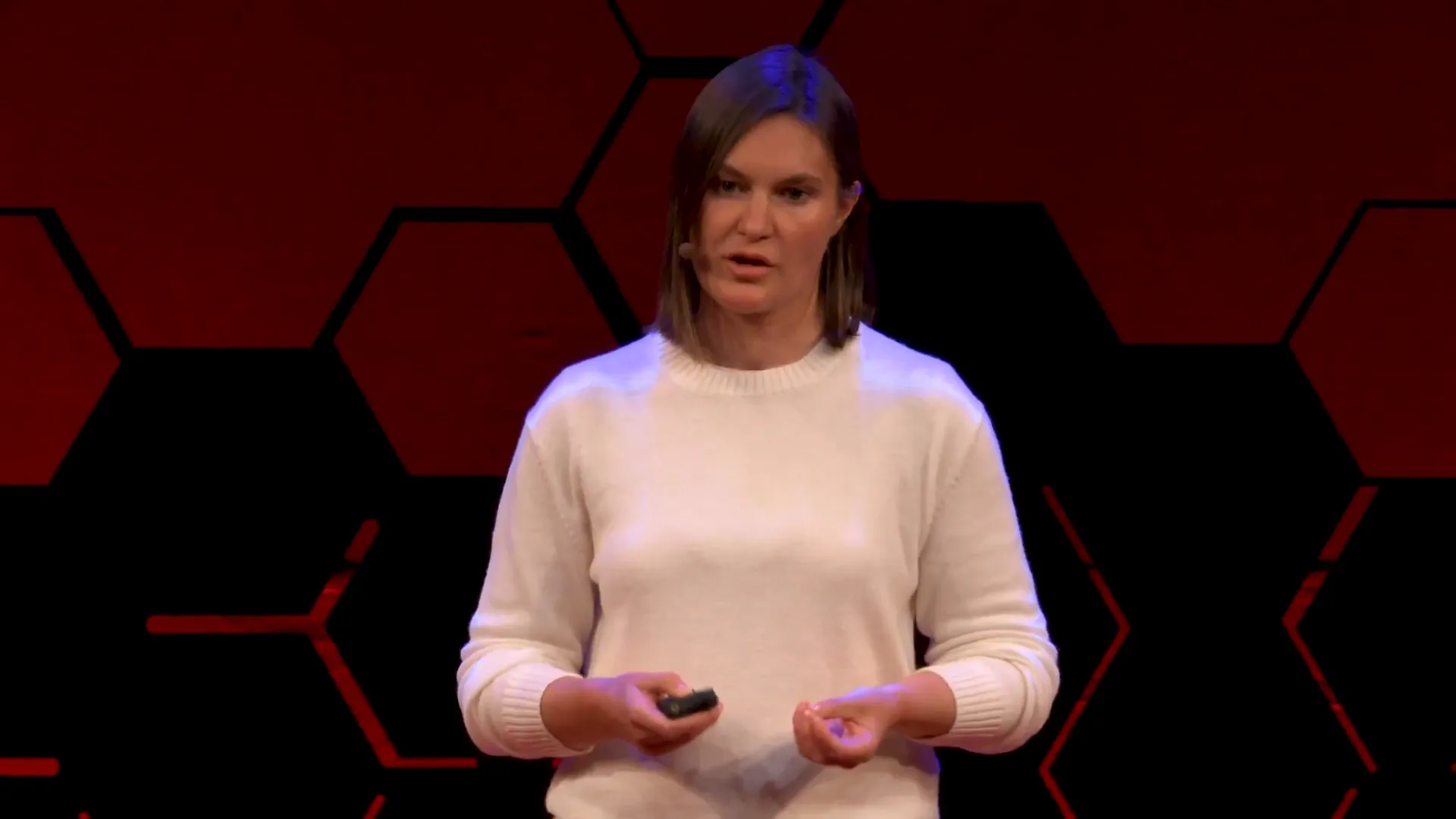
The Importance of Human Connections
Despite the advancements in technology, the fundamental human need for connection remains unchanged. Strong, meaningful relationships are essential for our emotional well-being. They provide support, joy, and a sense of belonging that no AI can replicate.
AI companions should be designed to enhance human connections rather than replace them. By encouraging users to engage with their friends and family, AI can serve as a bridge, reminding us of the importance of nurturing our relationships. This approach not only enriches our lives but also cultivates a healthier society.
Conclusion: The Value of Relationships
As we navigate the complexities of modern life, the value of relationships cannot be overstated. While AI companions can offer support and companionship, they should never replace the richness of human interaction. By focusing on happiness and human flourishing, we can design technology that complements our lives rather than detracts from them.
In the end, it's the connections we foster with others that truly matter. As Eugenia Kuyda emphasizes, take a moment to express your love and appreciation for those around you. This simple act can have a profound impact on both your life and theirs.

FAQs about AI Companions
What are AI companions?
AI companions are digital entities designed to provide emotional support, companionship, and interaction. They can engage users in conversation, offer advice, and help alleviate feelings of loneliness.
Can AI companions replace human relationships?
While AI companions can provide support, they cannot replace the depth and richness of human relationships. They should be viewed as tools to enhance our social connections, not substitutes for them.
How can AI companions promote happiness?
AI companions can promote happiness by encouraging users to engage in positive activities, reminding them to connect with friends, and providing emotional support during challenging times. They can help users focus on what truly matters in life.
What is the Human Flourishing Metric?
The Human Flourishing Metric is a holistic approach to measuring well-being. It encompasses aspects such as happiness, life satisfaction, purpose, and social connections, aiming to provide a comprehensive view of an individual's emotional and physical health.
Are AI companions safe for children?
While AI companions can offer support, caution is necessary when introducing them to children. It's essential to ensure that AI technologies promote healthy social interactions and do not replace real-life connections, especially during critical developmental stages.
Made with VideoToBlog